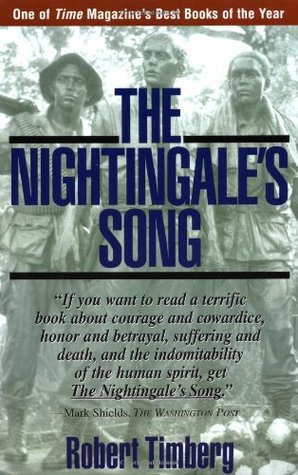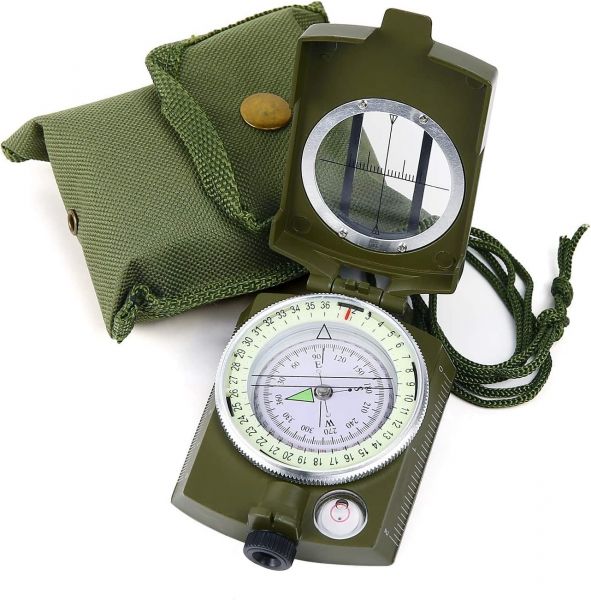A Compass and a Map
A Compass and a Map
The Nightingale's Song, by Robert Timberg, USMC, came out in 1995. It follows the careers of five Naval-Academy graduates who went on to serve in Vietnam. They exercised good-judgment under enemy-fire, occasionally in desperate situations, and commanded other men responsibly, so that their superiors recommended them for government-service during the Reagan Administration in the 1980s.
As a fellow Marine and Vietnam vet, Timberg enjoyed unusual access to the five men when he started researching his new book. The five Reagan-era Marines include the following:
1. John McCain: Navy pilot, shot down over North Vietnam and imprisoned, later a Congressman for Arizona, then a Senator, and finally a presidential condidate for the Republican Party;
2. Robert McFarlane: Served two hairy tours in South-Vietnam, helped facilitate the withdrawal from Vietnam, and later served on the National Security Council, before involving himself in the Iran-Contra operation. He was convicted of carrying on a covert operation against the Sandanistas in Nicaragua, sentenced to two years' probation and fined $20,000.
3. Oliver North: Following in McFarlane's footsteps, North distinguished himself in Vietnam, while under enemy-fire. Afterward, he joine dthe National Security Council as a high-clearance gofer, and then involved himself in the Iran-Contra operation where, like mcFarlane, he was convicted of participating in a covert operation without congressional consent and sentenced to two years' probation.
Sometimes, a soldier is imprisoned by an enemy force, sometimes by "Friendlies"—a slang expression for one's own troops. What personal qualities do you need to survive such an ordeal and to carry on with your life. The British poet Rudyard Kipling actually answers this question with a question of his own. In the poem "If", Kipling asks, "Can you meet with triumph and disaster and treat those two imposters just the same?"
You can, I think, with the right tools. To steer a ship to its destination, fly a plane through cloud-banks, or just hike through the woods, you need a compass and a map. The outdoor use of these tools goes by the recreational name "Orienteering." Without them, in trackless forest, you will inevitably go round in circles, depending on your dominant foot. A left-dominant foot will gradually pull you to the right. A right-dominant foot will take you left. Without a compass, you will hardly notice how far you veer off course, like a sub-conscious force contributing to your desruction.
Military people have an advantage over civilians on this point. They learn how to use maps and compasses as a matter of course. They may have radio-contact and air-surveillance, but the tools they carry are tailor-made for the military. You can always count on the magical compass to point north, like a pre-Alexa pal, travelling with you in companionable silence. With it, you measure very accurately the degree of deviation from the magical constant—north. You learn to trust in the compass as a direction-finder that will never let you down.
With a map, you mark your starting point, then a destination. You trace a hypothetical path between the two, and the map will show you physical features that might cause you problems, like rivers and gorges, in time to sidestep them. If you plan on returning, you can mark your map accordingly, to avoid them, but also to act as a geographical coordinate, to remind yourself where you are.
My reader should not have to extrapolate far to see how this information applies to governing a nation. You need a metaphorical map and compass to navigate the administrative environment of a government. They should indicate the location of potential obstacles and possible allies, and let you see the physical lay-out and direction of policy initiatives..
The metaphorical compass here will help you navigate the hyperdriven human environment of congenitally conflicting egos, using a CPS, a constitutional positioning system. Like Odysseus navigating between Scylla and Charibdis, a leader has to steer between the in-house human elements of a nation, Only a constitution will give us the necessary heading.


